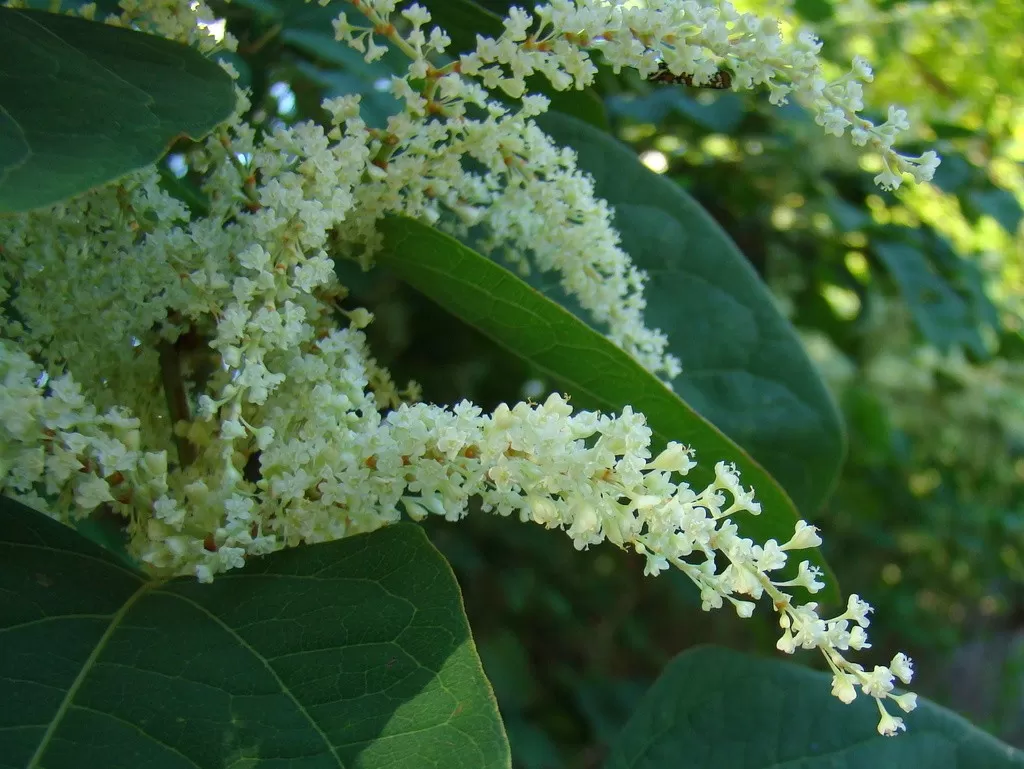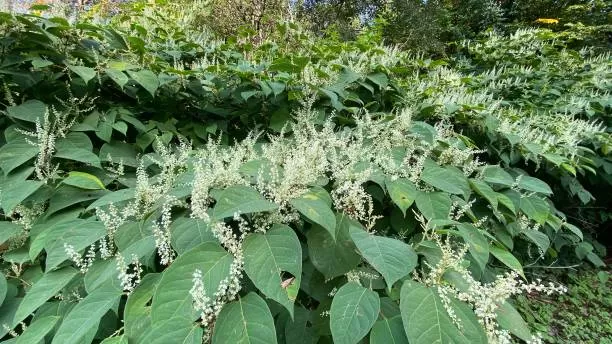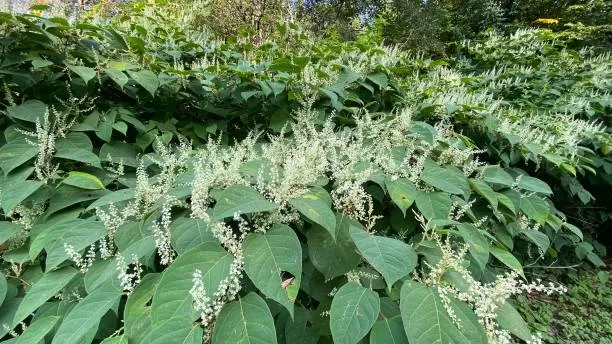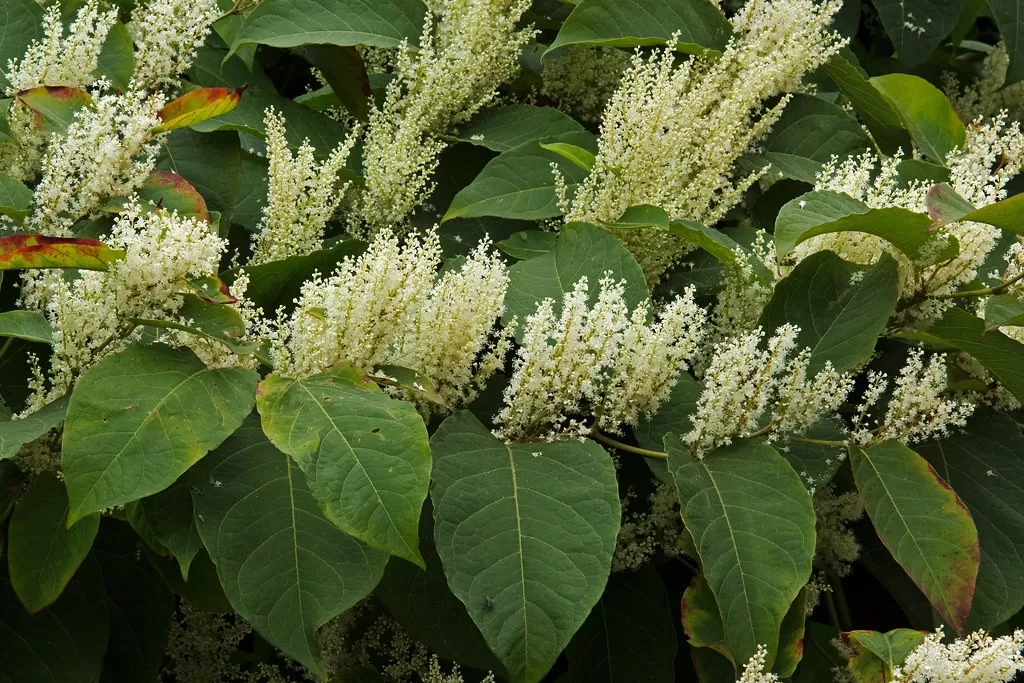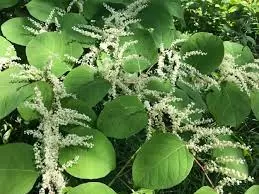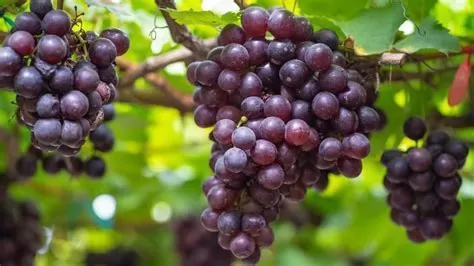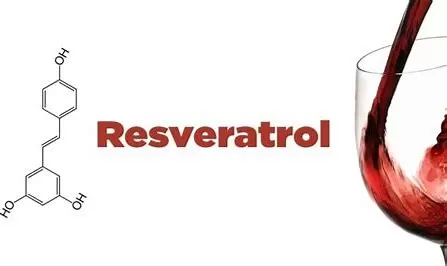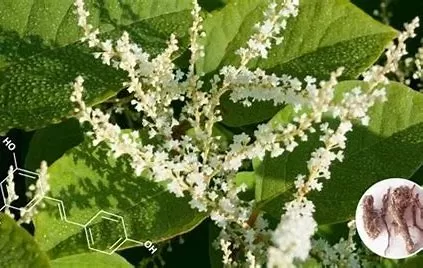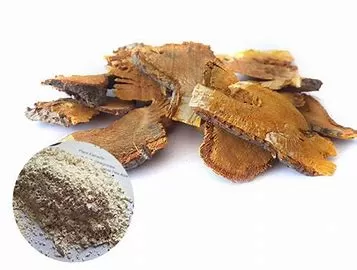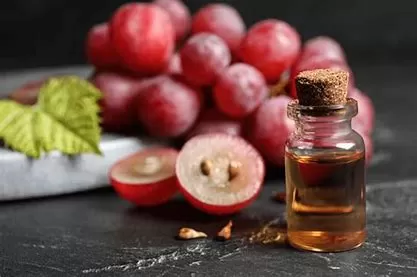- 0086-571-85302990
- sales@greenskybio.com
Is Resveratrol the Same as Grape Seed Extract?
2025-03-18
In the world of dietary supplements and natural health products, two powerful antioxidants have gained significant attention—resveratrol and Grape Seed Extract. Both are known for their health-promoting properties, and they are often mentioned in discussions about anti-aging, heart health, and cellular protection. However, despite their shared benefits, resveratrol and Grape Seed Extract are not the same. They come from different sources and have distinct chemical compositions, mechanisms of action, and health applications.
This article aims to dispel confusion between resveratrol and Grape Seed Extract by explaining their differences, similarities, and uses in health and wellness.
What Is Resveratrol?
Resveratrol is a naturally occurring polyphenol primarily found in certain plants such as grapes, berries, peanuts, and Japanese knotweed. It is part of a group of compounds known as stilbenes, which plants produce to defend against environmental stressors like pathogens and UV radiation. Resveratrol is most famously associated with red wine, as it is found in the skin of grapes used in winemaking.
Resveratrol's potential health benefits are well-documented, including:
Anti-Aging Properties: Resveratrol is widely recognized for its ability to activate sirtuins—proteins that regulate cellular health and longevity. This mechanism is believed to slow down the aging process and enhance cellular repair.
Heart Health: Resveratrol may support cardiovascular health by improving blood vessel function, reducing inflammation, and preventing oxidative stress. It is thought to contribute to the "French Paradox," a phenomenon where French populations exhibit lower rates of heart disease despite consuming diets high in fat and wine.
Cancer Prevention: Through its antioxidant and anti-inflammatory effects, resveratrol has demonstrated potential for inhibiting tumor growth and protecting DNA from damage.
Neuroprotection: Studies suggest resveratrol may protect brain cells against degenerative diseases like Alzheimer's, thanks to its ability to cross the blood-brain barrier.
While resveratrol can be obtained from dietary sources such as red wine and grapes, many people opt for resveratrol supplements to achieve higher concentrations for therapeutic purposes.
What Is Grape Seed Extract?
Grape seed extract is derived from the seeds of grapes, which are rich in antioxidants called oligomeric proanthocyanidins (OPCs). These OPCs are potent flavonoids with strong anti-inflammatory and free radical-scavenging properties. While resveratrol is concentrated in the skins of grapes, grape seed extract is obtained exclusively from the seeds, making it chemically distinct from resveratrol.
Key health benefits of grape seed extract include:
Potent Antioxidant Activity: The OPCs in grape seed extract are highly effective at neutralizing free radicals, protecting the body from oxidative damage.
Cardiovascular Support: Like resveratrol, grape seed extract may help maintain blood pressure and cholesterol levels, reduce arterial plaque buildup, and improve circulation.
Skin Health: Grape seed extract is widely used in skincare products due to its ability to reduce inflammation, repair collagen, and promote a youthful appearance.
Immune System Support: The anti-inflammatory properties of grape seed extract can bolster the immune system and aid in protecting against chronic diseases.
Grape seed extract is typically incorporated into dietary supplements or cosmetic formulations, often in powder or capsule form.
Differences Between Resveratrol and Grape Seed Extract
Despite their overlapping health benefits, resveratrol and grape seed extract differ in several key respects.
Source:
Resveratrol is primarily found in grape skins, berries, peanuts, and Japanese knotweed.
Grape seed extract is derived from the seeds of grapes.
Chemical Composition:
Resveratrol belongs to a group of compounds called stilbenes, with notable anti-aging and sirtuin-activating properties.
Grape seed extract contains oligomeric proanthocyanidins (OPCs), which are flavonoids known for their ability to combat oxidative stress.
Mechanism of Action:
Resveratrol acts on cellular longevity pathways by activating sirtuins and protecting against DNA damage.
Grape seed extract primarily targets free radicals, significantly reducing oxidative damage and inflammation.
Primary Health Focus:
Resveratrol is closely associated with anti-aging, neuroprotection, and cellular repair.
Grape seed extract is predominantly used for cardiovascular support, skin health, and immune system enhancement.
Similarities Between Resveratrol and Grape Seed Extract
While distinct in composition, resveratrol and grape seed extract share several health benefits and applications:
Powerful Antioxidants: Both compounds are rich in antioxidants that combat free radical damage, reduce inflammation, and protect against chronic diseases.
Heart Health Benefits: Resveratrol and grape seed extract can improve cardiovascular health by enhancing circulation, supporting blood vessel function, and reducing plaque buildup.
Anti-Inflammatory Effects: Both supplements help manage inflammation, which is a root cause of many chronic conditions.
Skin Health Support: Resveratrol and grape seed extract promote healthy skin by repairing collagen and reducing oxidative stress.
Plant-Based Origins: Both substances are derived from grapes and other plant sources, which makes them popular components of natural health therapies.
Can Resveratrol and Grape Seed Extract Be Combined?
Given their complementary mechanisms of action, resveratrol and grape seed extract are often combined in dietary supplements to maximize health benefits. If used together, they can provide a synergistic effect, enhancing their antioxidant and anti-inflammatory properties. For instance:
Cardiovascular Health: While resveratrol may focus on blood vessel repair and sirtuin activation, grape seed extract can work to reduce inflammation and oxidative damage in the heart and arteries.
Anti-Aging Therapy: Incorporating both compounds in an anti-aging regimen ensures coverage of multiple pathways—from cellular detoxification and longevity (resveratrol) to collagen repair and skin protection (grape seed extract).
Immune Support: The powerful antioxidant activity of both substances can supercharge the immune system, reducing the risk of chronic diseases and infections.
However, whether to combine these two supplements should depend on individual health profiles, goals, and recommendations from a healthcare provider.
How to Choose Between Resveratrol and Grape Seed Extract
Choosing between resveratrol and grape seed extract depends on your specific health goals and needs. Here are some factors to consider:
Focus on Anti-Aging: If you are looking for a supplement to enhance cellular repair and longevity, resveratrol may be the better choice. It is ideal for addressing aging-related concerns, including brain health and cellular function.
Focus on Inflammation and Heart Health: Grape seed extract is more suited for individuals looking to combat oxidative stress, chronic inflammation, or circulatory issues. Its strong flavonoid content makes it particularly effective in preventing heart disease.
Skin Health Benefits: For improved skin elasticity and collagen regeneration, grape seed extract may be more beneficial than resveratrol.
General Health Support: Both resveratrol and grape seed extract can provide general antioxidant and anti-inflammatory support, making them excellent options for daily supplementation.
Potential Side Effects and Precautions
Both resveratrol and grape seed extract are generally considered safe for most individuals. However, some people may experience mild side effects such as gastrointestinal discomfort or allergic reactions when consuming these supplements.
Precautions include:
Consulting with a healthcare provider if you are pregnant, breastfeeding, or taking prescription medications.
Avoiding overconsumption of supplements, as excessive intake may lead to toxicity or unwanted side effects.
Monitoring for allergic reactions, especially if you have an allergy to grapes or other botanicals.
Conclusion
Resveratrol and grape seed extract are two remarkable antioxidants with distinct compositions, mechanisms, and applications. While they are derived from grapes and share many health benefits, they are fundamentally different supplements. Resveratrol excels in addressing cellular longevity and neuroprotection, while grape seed extract shines in cardiovascular and skin health. Together, they can provide a synergistic effect for those seeking comprehensive wellness support.
Ultimately, adding resveratrol or grape seed extract—or both—to your wellness routine depends on your health priorities and individual needs. Always consult a healthcare provider before adopting new supplements to ensure safety and efficacy tailored to your unique circumstances. With informed choices, these antioxidants can help you enjoy better health, vitality, and longevity.
-
Is resveratrol safe for the liver?
2025-03-18
-
Does Coffee Contain Resveratrol?
2025-03-18
-
What fruit is highest in resveratrol?
2025-03-18
-
Is resveratrol safe for kidneys?
2025-03-18





